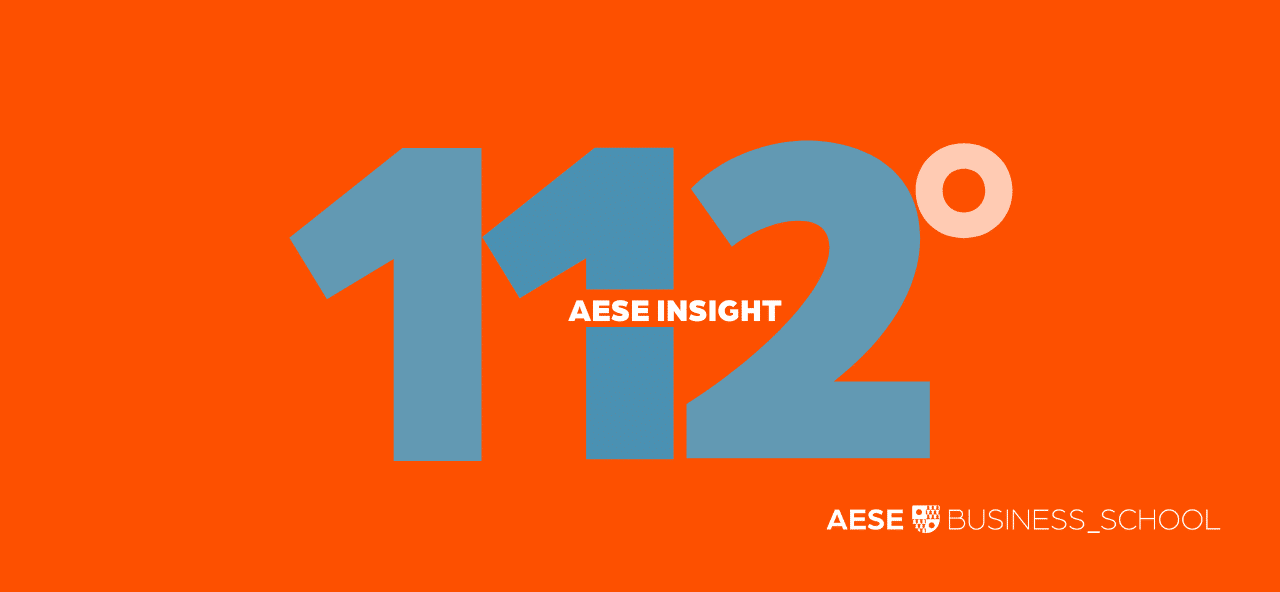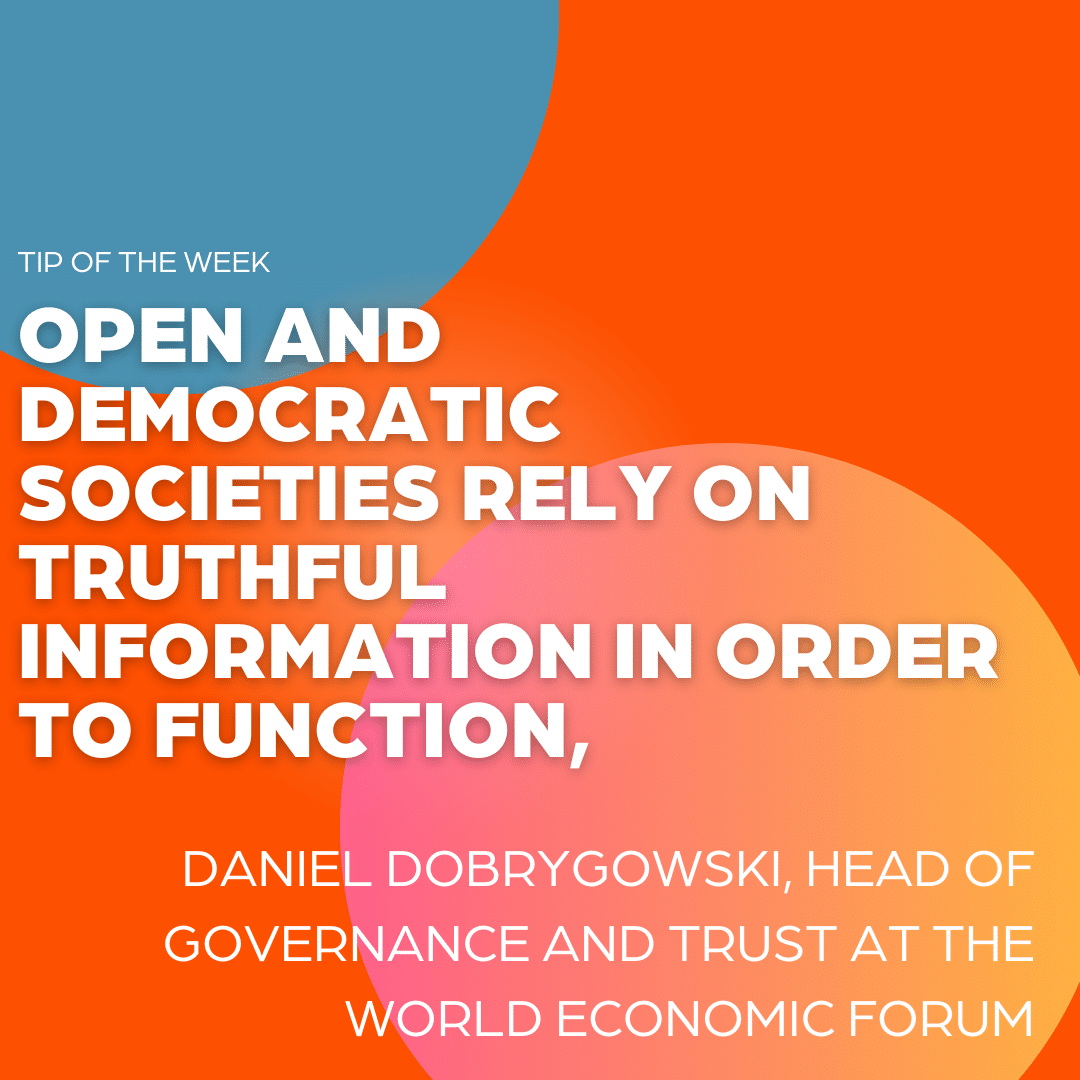China’s slowing economic growth and uncertain elections in the U.S. and the EU keep the world on edge.
The global economic outlook for the next two years does not look exceptional.
A steady economic growth of 3.1% is projected for 2024, up slightly from 3.0% last year. For 2025, that growth is expected to rise marginally to 3.2%, highlighting a two-year forecast below the pre-pandemic average of 3.8%.
Speaking at a special session in Barcelona, IESE Professor Nuria Mas said this moderate, but sustained, growth is a result of various factors.
On the one hand, China — the second largest economy in the world — is seeing slow economic growth. Then, there are two highly polarized elections: the European Parliament election in June and the U.S. presidential election in November, both of which could have worldwide ramifications for things like climate change and the distribution of raw materials. Geopolitical shocks like the continued attacks in the Red Sea could result in new commodity price spikes. And the accelerated use of artificial intelligence (AI) is rocking workplaces around the globe.
China’s slowing economic growth
The U.S. fared much better than expected in 2023 and avoided the recession that economists had initially predicted. On the other hand, the EU only managed to stay afloat, with Germany in a recession but a surprisingly strong year for Spain. India also fared well, surpassing most other emerging economies in growth.
But China, which represents a large part of global GDP, grew very little last year, despite reopening its borders after years of strict COVID-19 lockdowns, which was expected to improve economic activity.
This is a distinct change to the status quo. For three decades, China’s economy had been growing faster than any other nation in the world, at a rate of 10%. But in recent years, that number began to decrease — and is now at 4.5%, less than half of its former average.
Mas attributes the problem in part to the country’s real estate bubble.
As of this year, half of China’s biggest construction companies have gone under, a worrisome figure for an industry that employs a large part of the workforce. According to Mas, an estimated 2 million college graduates are employed for every 1% of the nation’s GDP growth — and the country generates 12 million college graduates every year.
That means China needs a GDP growth of at least 6% a year to employ every graduate — a discord that has resulted in a youth unemployment rate of over 20%. Mas says the key is finding an alternative to the construction sector.
A year of important elections
The 2024 European Parliament elections are expected to be among the most polarized in the bloc’s history.
Many countries are expected to see a major shift to the right, including parties that run on an anti-European platform, which could result in a coalition of far-right parties. Such an outcome could have significant consequences for EU policies and foreign affairs.
Mas says European regulations can set the stage for local policies; in that sense, EU elections can sometimes have more of an impact than national elections. A turn to the right could force governments to look at where they allocate taxpayers’ money and make difficult decisions on what to prioritize: Will it be healthcare? Education? Pensions? Renewable energies?
Climate change policies could face a big challenge, with center-left and green parties expected to lose seats in the European Parliament. Across the continent, agricultural workers have taken to the streets in recent months to protest EU regulations requiring the cutback of CO2 emissions and pesticide use.
The U.S. presidential election could also have repercussions in Europe and the rest of the world. While both political parties agree on their strategic rivalry with China, they differ on global trade policies, with Republicans wanting to keep business operations in the U.S., while Democrats are willing to outsource to allies. Additionally, a Trump presidency could result in lessened U.S. security guarantees if the war in Ukraine spreads to the rest of Europe.
How to incorporate AI into the workforce
One of this year’s hot topics is AI.
New legislation to regulate the technology — the first in the world — is scheduled to be voted on by the European Parliament in April. It would ensure AI complies with the protection of fundamental rights by setting guardrails and boosting innovation.
Regarding the fear of job displacement by AI, Mas points out that machines may replace human labor in some cases, but they also create new jobs. In car manufacturing, for example, the introduction of robots into factories increased production so much that demand for labor actually increased, as there was more call for jobs requiring fine motor skills, such as installing windshield wipers or windows.
Machines replacing humans becomes a problem when the replacement doesn’t actually speed up productivity or create new roles — for example, self-service checkouts in supermarkets. Shoppers don’t necessarily move through the line faster, and cashiers aren’t given new tasks.
This, Mas says, is what we need to keep in mind in how we approach AI incorporation in the workforce: Only implement it when needed — where it can speed up productivity, create new jobs — and make those decisions sensibly.
Article published on IESE insight >>










